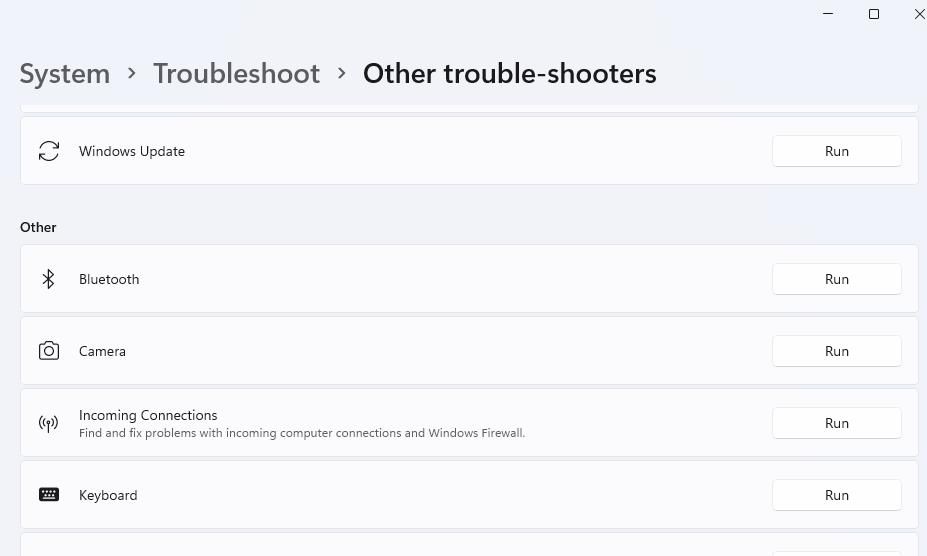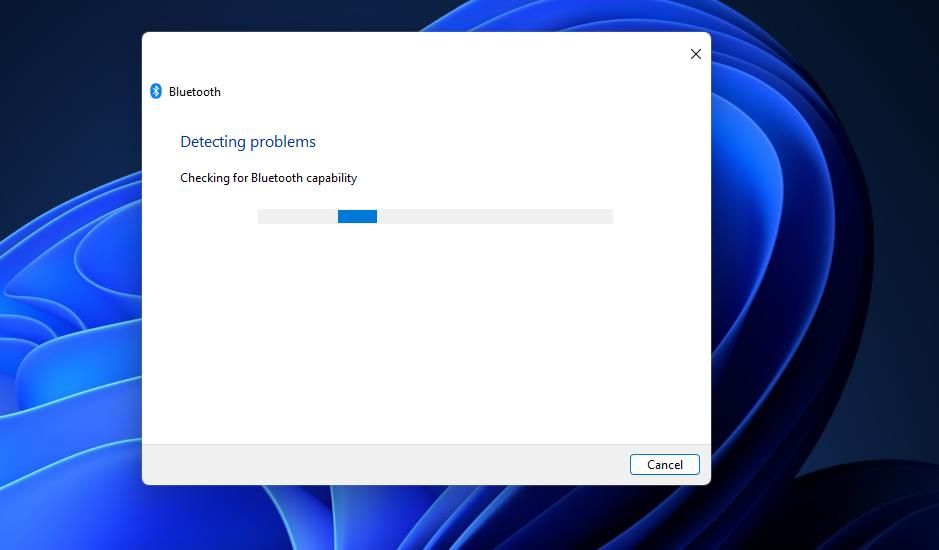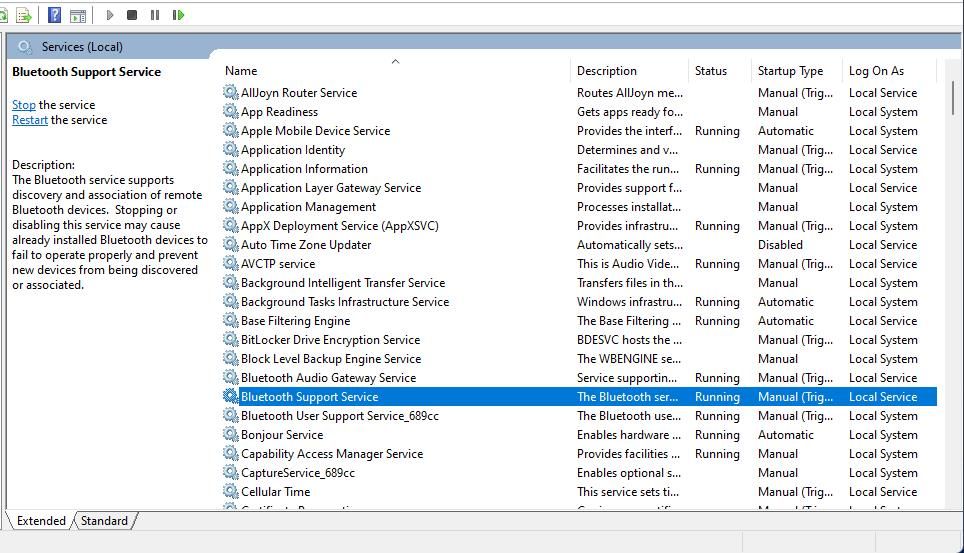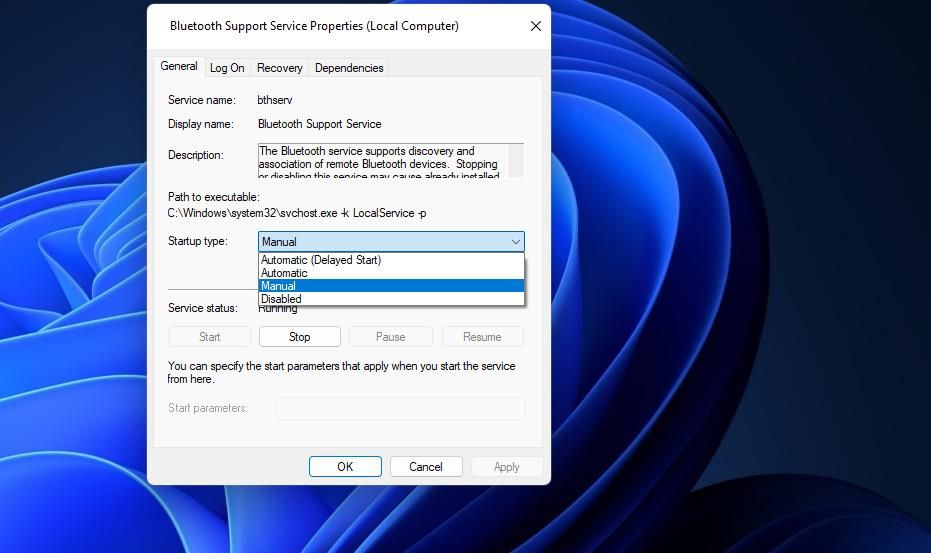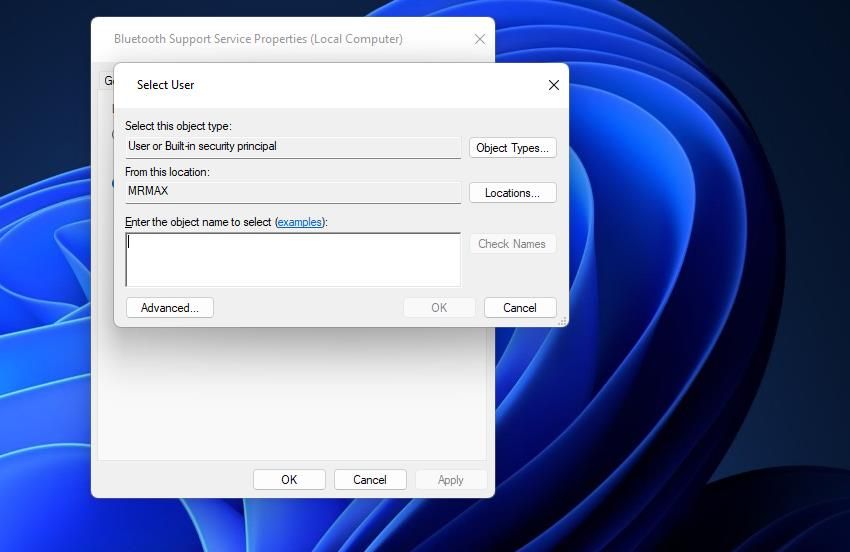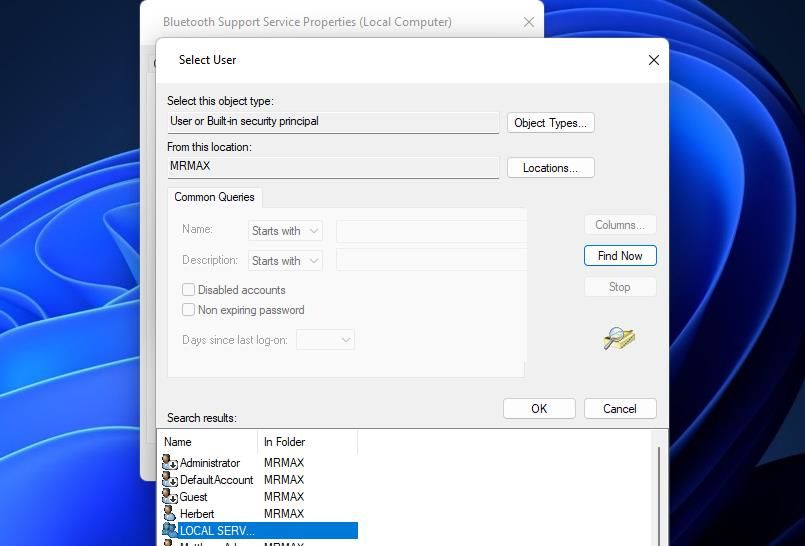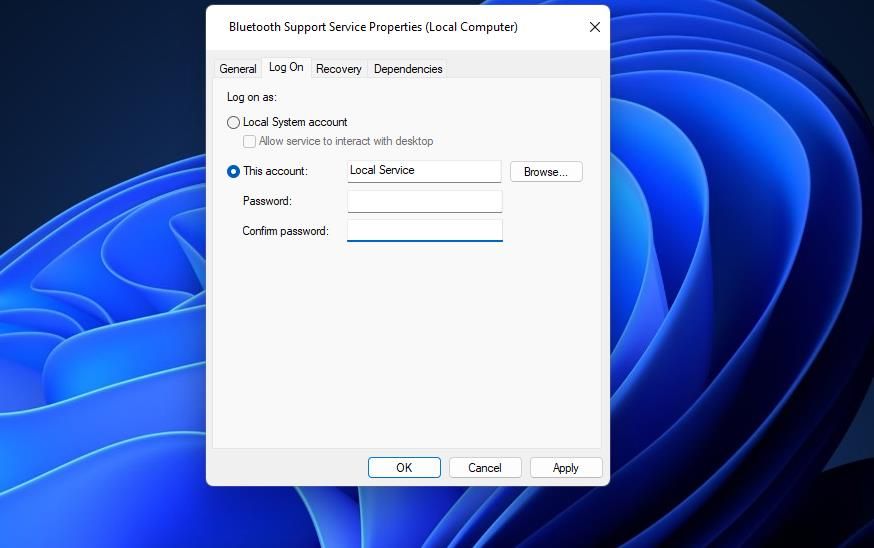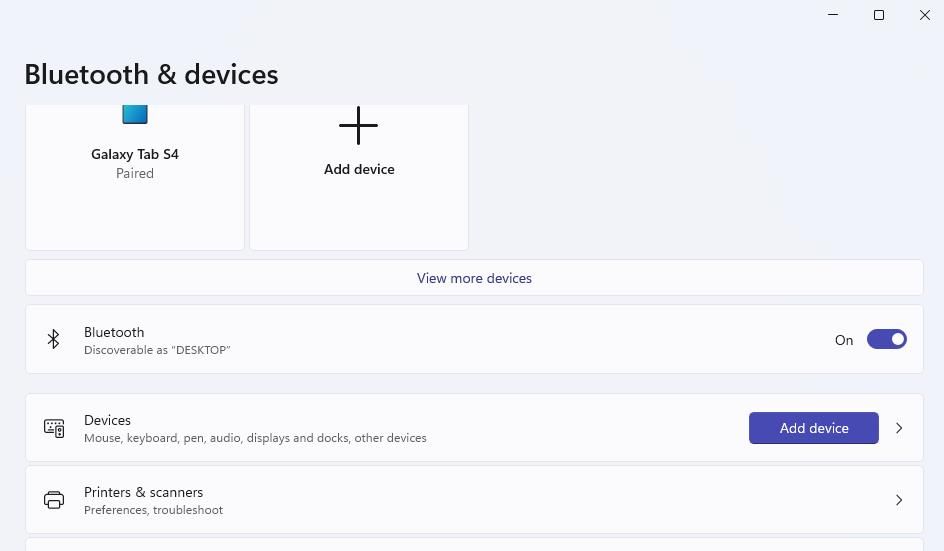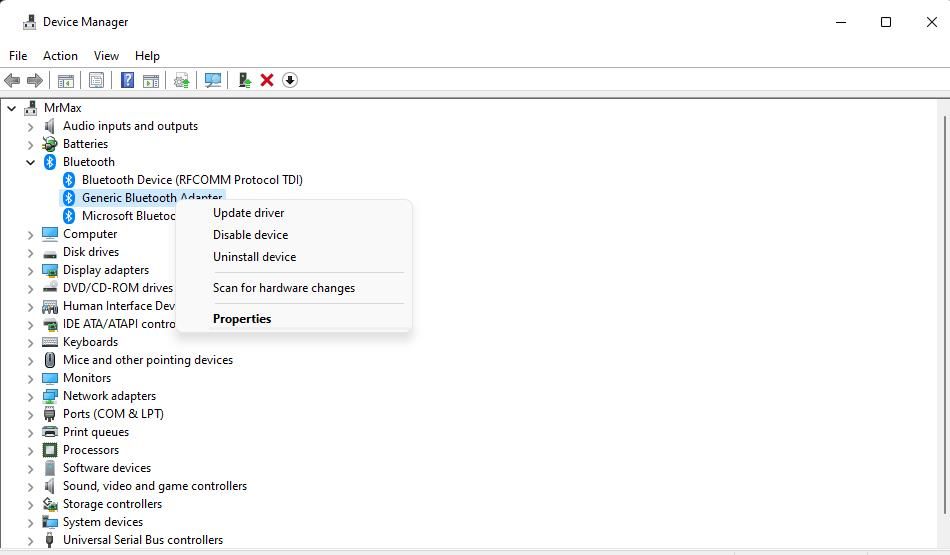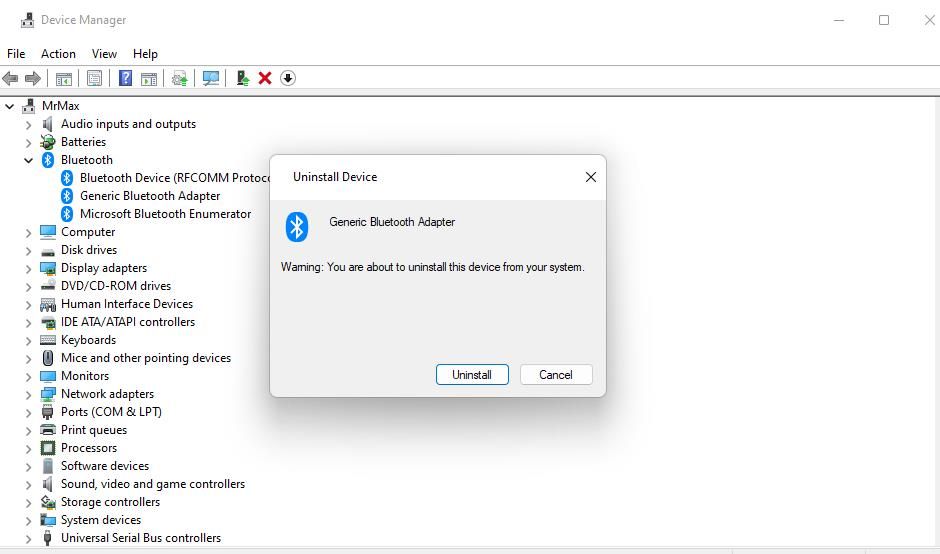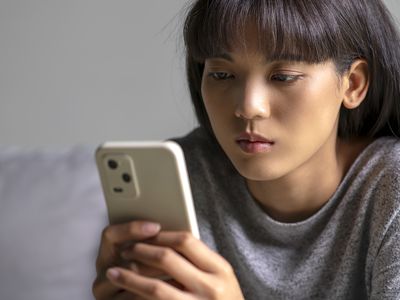
Bypass 'Try Now' Bluetooth Hurdle on PCs & Tablets

Bypass ‘Try Now’ Bluetooth Hurdle on PCs & Tablets
Many users utilize wireless Bluetooth devices with Windows 11/10 PCs. Yet, some users have said they see “Try connecting your device again” or “Try connecting again” error messages in Windows when they try pairing Bluetooth devices. Those similar error messages appear within the Add a device window.
Consequently, users can’t connect Bluetooth devices like mice, headphones, and speakers because of that issue. It’s an annoying issue that users must get fixed to utilize their Bluetooth devices. This is how you can resolve the “Try connecting your device” error in Windows 11/10.
1. Run the Bluetooth Troubleshooter
Windows has a Bluetooth troubleshooter that could be useful for fixing the “Try connecting your device” error. That troubleshooter isn’t a guaranteed fix, but it’s worth trying given that it’s designed to resolve Bluetooth issues. You can open the Bluetooth troubleshooter like this:
- Activate Settings by simultaneously pressing theWindows logo +I keys on your keyboard.
- Then select theSystem tab and Troubleshoot to view three navigation options.
- ClickOther trouble-shooters to go to the list of troubleshooting utilities.
- Press the Bluetooth troubleshooter’sRun button.

- Then wait for the troubleshooter to make any changes.

To run the Bluetooth troubleshooter in Windows 10, clickUpdate & Security within that platform’s Settings app. Click theTroubleshoot tab and selectAdditional troubleshooters from there; selectBluetooth to access theRun the troubleshooter option.
2. Start or Restart the Bluetooth Services
The Bluetooth Support Service needs to be enabled and running for Bluetooth to work. Users have said on Microsoft’s support forum they were able to resolve the “Try connecting your device again” error by starting that service. So, try starting or restarting the Bluetooth Support Service as follows:
Bring up the file and app search tool with itsWin + S hotkey.
Type a service keyboard in the search box.
Select theServices app shown in the search tool’s results.
Double-clickBluetooth Support Service to open its properties window.

ChooseAutomatic within theStartup type menu.

Select the properties window’sStart option to run Bluetooth Support Service. If the service is already running, clickStop andStart to restart it.
ClickApply to save the new Bluetooth Support Service settings.
Select the Bluetooth Support Service Properties window’sOK option.
Repeat the above steps for all other Bluetooth-related services.
Restart your PC after adjusting the Bluetooth services.
Reconfiguring logon settings for the Bluetooth Support Service is another potential resolution some users confirm fixes the “try connecting your device again” error. To apply this fix, reconfigure the Bluetooth Support Service like this:
Open the Bluetooth Support Service Properties window as outlined in steps one to four for the previous resolution.
Then click theLog On tab.
Click theBrowse button for theThis account option.
PressAdvanced on the Select User window.

Click theFind Now option.
SelectLocal Services in the search results.

Click the Select User window’sOK button a couple of times.
Erase the text in thePassword andConfirm password boxes to clear them.

SelectApply >OK to set the new logon settings.
Right-click the Bluetooth Support Service and selectStop if running. Then restart that same service by right-clicking and selectingStart .
Right-click theBluetooth Handsfree Service and selectStart if that service is stopped.
Now we need to access the Bluetooth settings:
- Next, openSettings and itsBluetooth tab.

- Toggle off theBluetooth setting (assuming it’s on) for a minute.
- Click theBluetooth option again to turn it back on.
- Open the Start menu and restart your Windows laptop or desktop from there.
4. Reinstall Your Bluetooth Drivers
Users who’ve fixed the “try connecting your device” error have confirmed that reinstalling Bluetooth drivers can resolve the issue. Applying such a potential solution resolves the issue when caused by a faulty or outdated Bluetooth drive. This is how you can reinstall Bluetooth drivers in Windows:
- Open a shortcuts menu by pressingWin + X .
- SelectDevice Manager within the Power User menu.
- ClickView and theShow hidden devices menu option.
- Double-clickBluetooth to view devices for that category.
- Then right-click the Bluetooth adapter and select itsUninstall device option.

- SelectUninstall when prompted to confirm the chosen option.

- Restart the PC for Windows to reinstall a generic Bluetooth driver.
Alternatively, you can download the latest Bluetooth adapter device driver from the manufacturer’s website for manual installation. Uninstall the Bluetooth driver as outlined in the steps above. Then double-click the downloaded Bluetooth driver setup package to install the latest driver.
Some users have also said they needed to delete and reinstall all Bluetooth drivers listed in Device Manager to get the issue fixed. First, try reinstalling one as covered above. If that’s not enough, you can try a more drastic approach like reinstalling all Bluetooth drivers.
Advanced Find and Replace for Google Sheets, Lifetime subscription
5. Try Some Windows-Based Fixes
There are some things you can do to the Windows system to correct this error.
### Restore Windows 11/10 to an Earlier DateRestoring Windows to a restoration point could be a viable fix for the “Try connecting your device” issue. Much depends on whether there’s a system restore point that predates the error on your PC. If so, selecting to roll Windows back to the restore point saved before the error occurred could work.
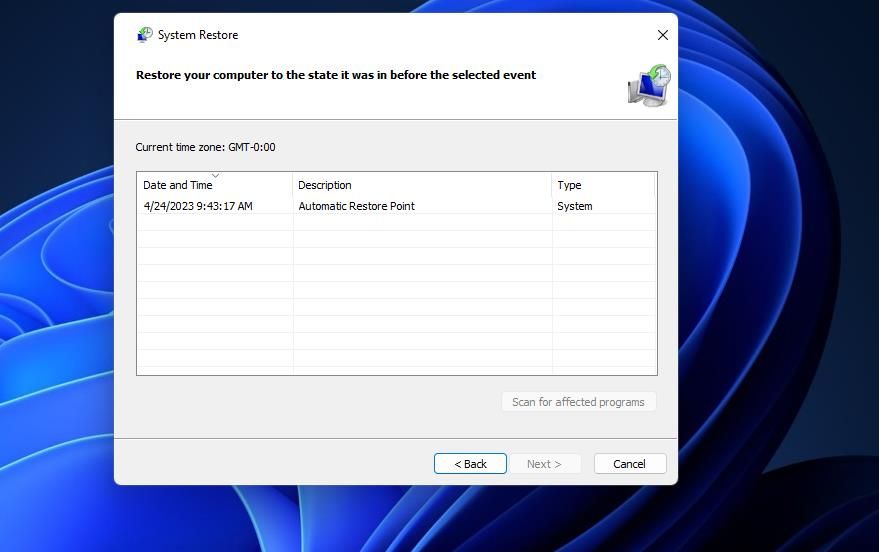
Note that you’ll need to reinstall software packages installed after a restore point’s date after applying this potential resolution. Our guide to setting up and utilizing restore points on Windows tells you how to roll back Windows to an earlier time. Choose the oldest restore point you can if you’re not sure what to select.
 SwifDoo PDF Perpetual (2-PC) Free upgrade. No monthly fees ever.
SwifDoo PDF Perpetual (2-PC) Free upgrade. No monthly fees ever.
Reinstall Windows 11
Reinstalling Windows might sound a bit drastic, but some users confirm that to be a potential fix for the “Try connecting your device” error that works. Furthermore, you can reinstall the platform without losing software or user files with the in-place upgrade method.
Follow the instructions in this article about performing an in-place Windows 11 upgrade to reinstall the platform without deleting software.
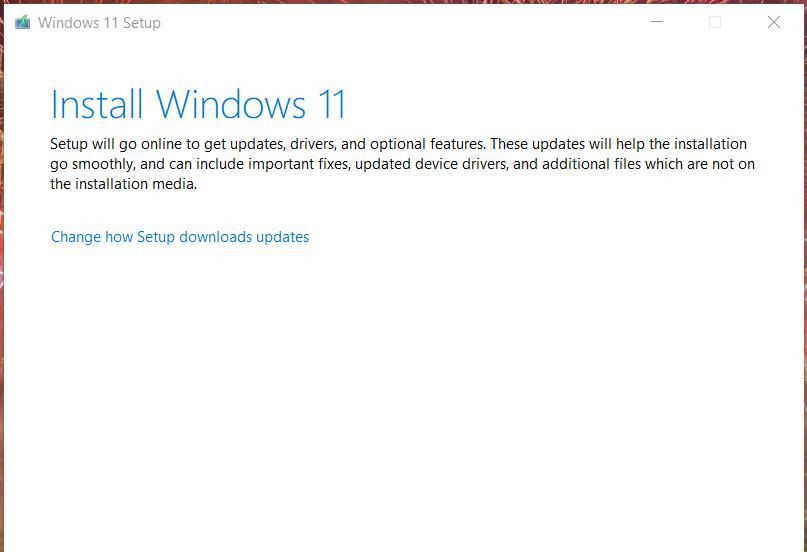
Utilize Your Connected Bluetooth Devices Again on Windows
Many users have resolved the “Try connecting your device” Bluetooth connection error in Windows 11/10 by applying the potential resolutions in this guide. So, it’s most likely one of the above fixes will also get the same Bluetooth issue sorted on your PC. Then you can utilize your Bluetooth device with Windows PC.
- Title: Bypass 'Try Now' Bluetooth Hurdle on PCs & Tablets
- Author: Richard
- Created at : 2024-08-16 02:15:04
- Updated at : 2024-08-17 02:15:04
- Link: https://win11-tips.techidaily.com/bypass-try-now-bluetooth-hurdle-on-pcs-and-tablets/
- License: This work is licensed under CC BY-NC-SA 4.0.
